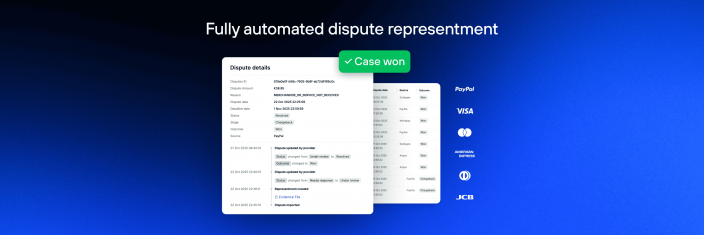Dispute Charge
A disputed charge refers to a credit card transaction that raises questions, claims, or complaints from the cardholder. These disputes can arise from various reasons, such as billing errors or dissatisfaction with the quality of purchased goods or services. Initiating a dispute can potentially lead to a charge reversal, providing a resolution for the cardholder.
Unauthorized transactions also fall under the category of disputed charges. However, these disputes are typically handled separately as fraud claims involving unauthorized or fraudulent card use.
When a cardholder files a dispute regarding a charge, it initiates a process known as a chargeback. A chargeback occurs when the cardholder contacts the issuing bank to contest a transaction and request a refund. The bank then investigates the dispute, reviewing evidence provided by the cardholder and merchant. If the bank determines that the cardholder’s claim is valid, they will reverse the charge, returning the funds to the cardholder’s account. Chargebacks serve as an important consumer protection mechanism, allowing cardholders to address concerns and seek resolution for disputed charges.
 PayPal
PayPal Blog
Blog

